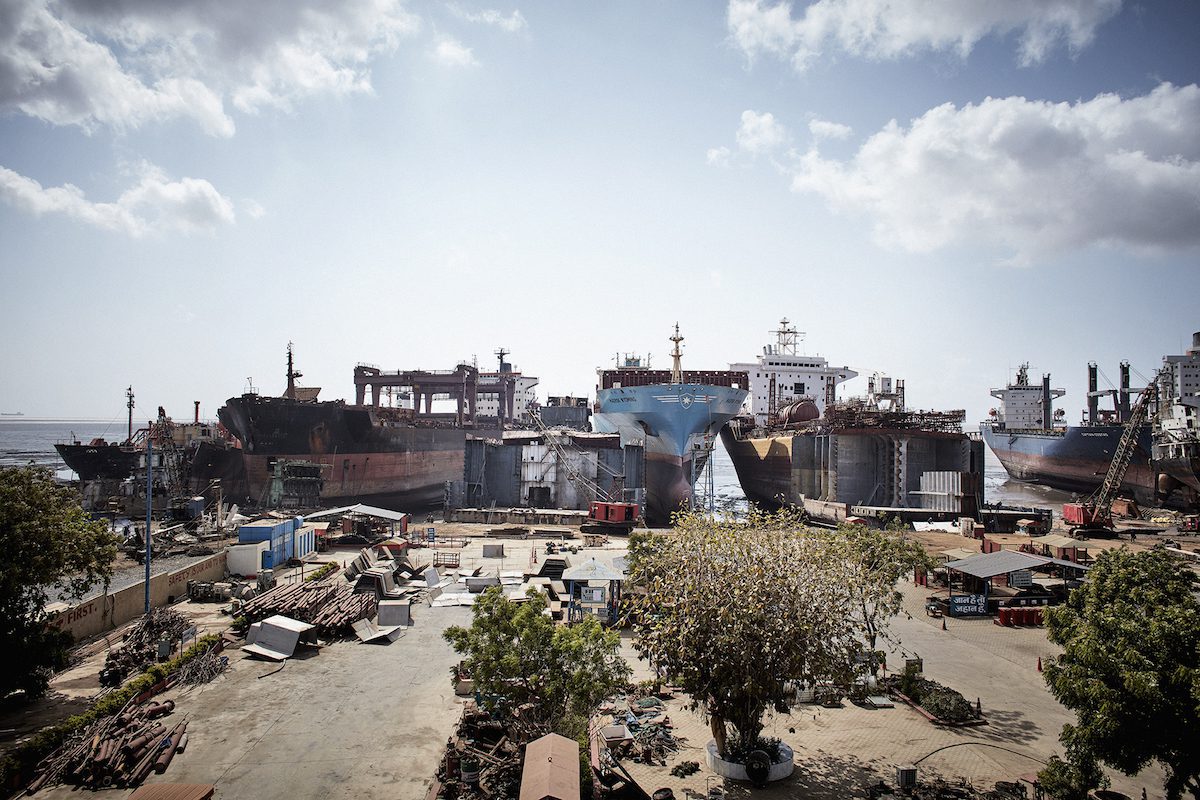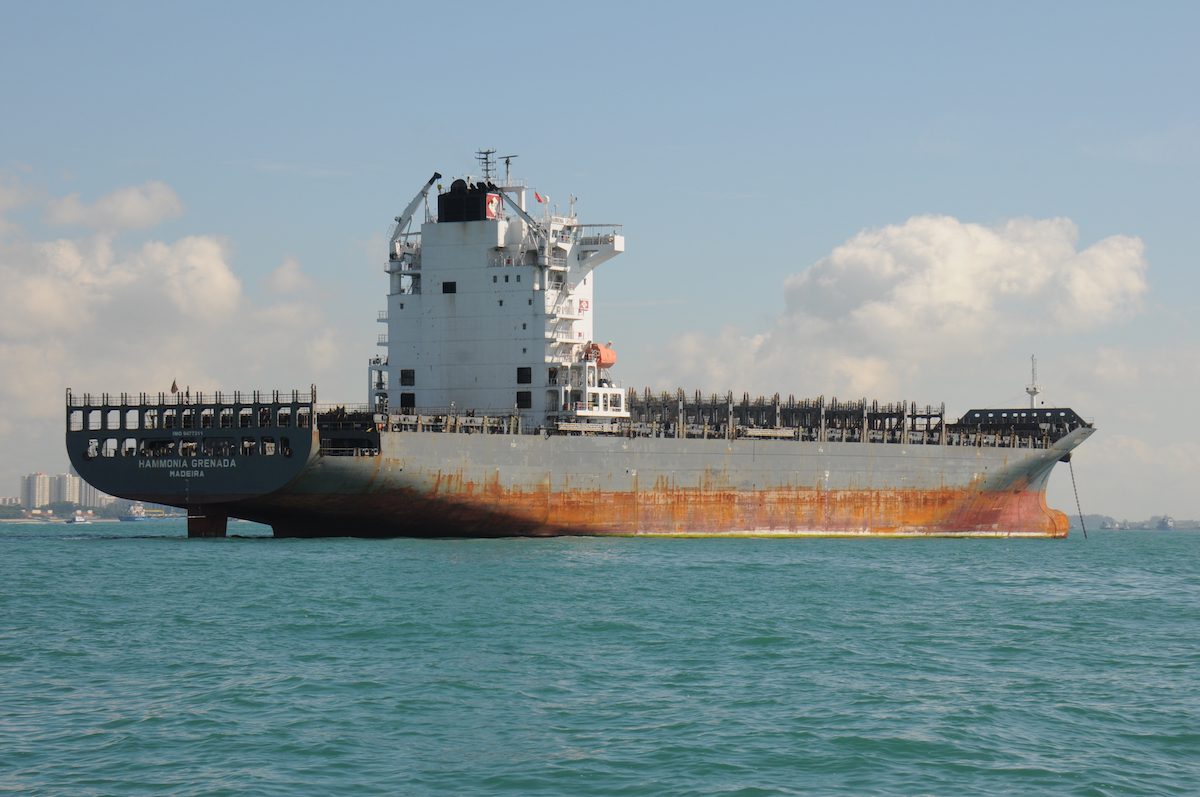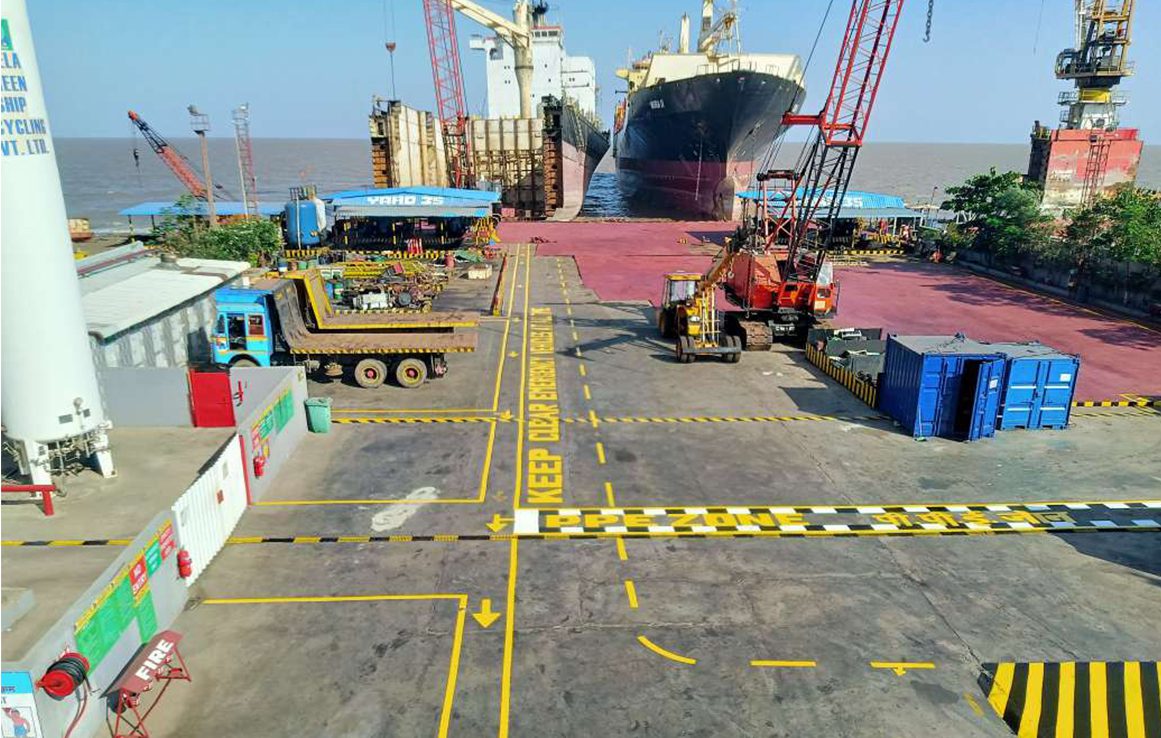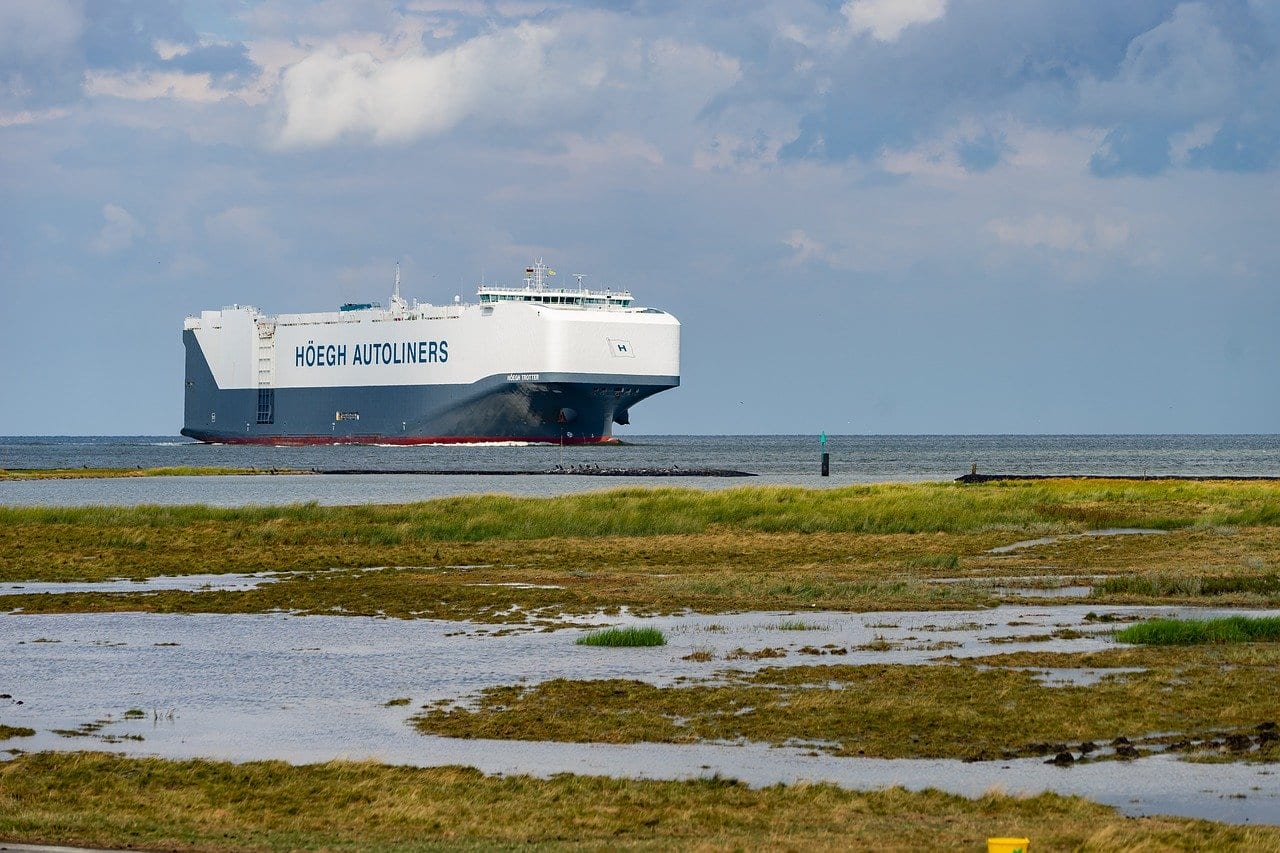After nearly two decades of work, the Hong Kong International Convention for the Safe and Environmentally Sound Recycling of Ships (Hong Kong Convention) has officially entered into force today, June 26, 2025, marking a significant milestone for the maritime industry. The convention, developed under the auspices of the International Maritime Organization (IMO), establishes mandatory regulations governing how ships are recycled at the end of their operational lives.
Adopted in May 2009 during a Diplomatic Conference in Hong Kong, China, the Convention’s entry into force comes after meeting specific criteria in June 2023, including ratification by at least 15 participating states representing no less than 40% of the world’s merchant shipping by gross tonnage, and a ship recycling capacity of at least 3% of their combined tonnage.
IMO Secretary-General Arsenio Dominguez highlighted the significance of this development: “The entry into force of the Hong Kong Convention this year marks a watershed moment in our shared objective to promote sustainable and safe ship recycling practices globally. This achievement reflects years of dedicated work and will renew our drive to safeguard human health and the environment in this critical industry”.
Currently, 24 parties have joined the Convention, including major flag states such as Japan, Liberia, the Marshall Islands, and Panama, as well as four major ship recycling countries: Bangladesh, India, Pakistan, and Türkiye. Together, they represent 57.15% of the world’s shipping by tonnage.
The Convention takes a comprehensive “cradle to grave” approach, addressing key environmental, occupational health, and safety risks involved in ship recycling, while distributing responsibilities across relevant stakeholders. It prohibits or restricts the use of hazardous materials on ships, requires detailed inventories of such materials, outlines requirements for recycling facility operations, and sets out mechanisms for certification, compliance, and enforcement.
Under the new regulations, ships destined for recycling must carry an Inventory of Hazardous Materials onboard, while authorized recycling facilities must provide a specific Ship Recycling Plan for each vessel. Governments are responsible for ensuring facilities within their jurisdiction comply with the Convention’s regulations.
Industry bodies have welcomed the development. Thomas A. Kazakos, Secretary General of the International Chamber of Shipping, commented: “Today marks a welcome and historical development after two decades of work on the issue. Now that the Hong Kong Convention has entered into force, we can look forward to even more progress in improving ship recycling around the world.”
Sotiris Raptis, Secretary General of European Shipowners | ECSA, added: “The entry into force of the Hong Kong Convention is a milestone for our industry. It sends a strong signal that multilateral cooperation in IMO can and should continue to deliver”.
However, not all stakeholders share this enthusiasm. The NGO Shipbreaking Platform has criticized the Convention for failing to address what they describe as environmental injustice and human rights violations in the industry. Their primary concern is that the Convention does not prevent “beaching” – the dismantling of end-of-life vessels on tidal mudflats, as practiced in countries like Bangladesh, India, and Pakistan.
Ingvild Jenssen, Executive Director and Founder of NGO Shipbreaking Platform, stated: “The shipping industry cannot settle with a Convention designed to accommodate industry worst practice. Beaching should be phased out, not endorsed.”
Critics argue that the Convention’s reliance on flag-state control, its failure to impose binding labor and environmental protections, and its lack of downstream waste accountability allows ship owners to continue operating with impunity.
In response to implementation challenges, the IMO has been supporting developing countries through various initiatives, including the Safe and Environmentally Sound Ship Recycling (SENSREC) Project, which provides comprehensive support ranging from policy alignment to capacity development. This project is currently active in Bangladesh and Pakistan.
Additionally, BIMCO, a leading shipping industry association, launched a Ship Recycling Alliance last November to accelerate the implementation of safe practices in the sector. With industry estimates suggesting over 15,000 ships will be recycled in the next decade, there is an urgent need for compliant recycling facilities, especially in major recycling nations.
As the Convention takes effect today, the maritime industry faces the challenge of balancing regulatory compliance with practical implementation, all while addressing the ongoing concerns of environmental and human rights advocates. Whether the Hong Kong Convention will truly transform ship recycling practices or merely serve as a first step toward more comprehensive reforms remains to be seen.
Editorial Standards · Corrections · About gCaptain

 Join The Club
Join The Club











